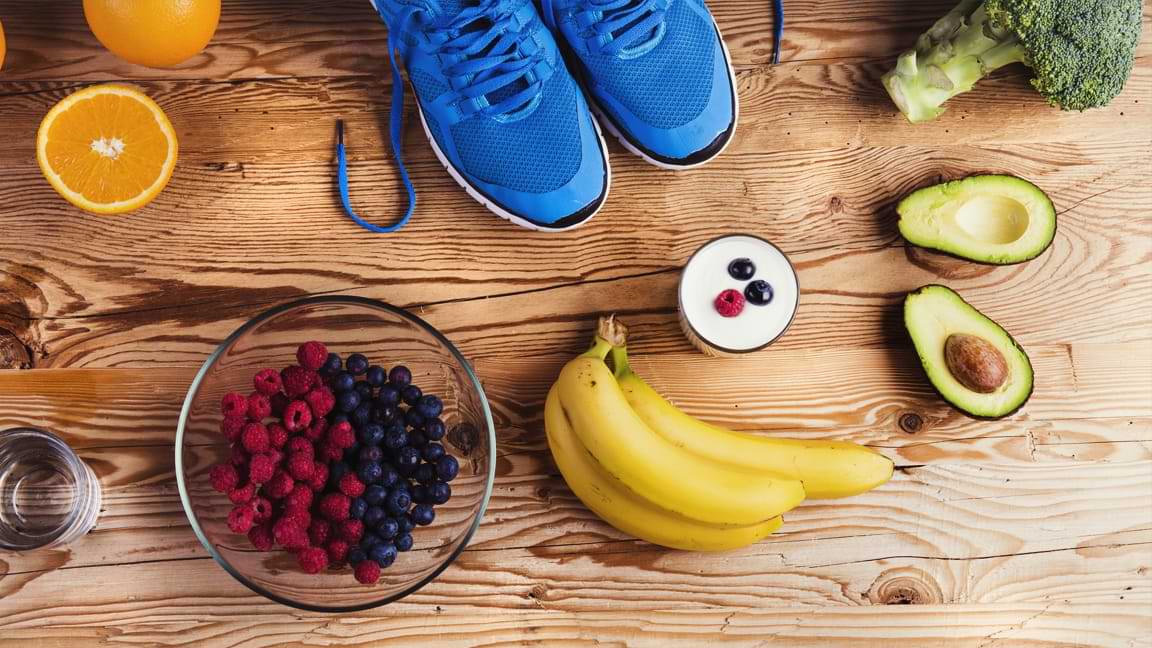Pulse of Information
Stay updated with the latest news and insights.
Nutrition Hacks for Workout Warriors
Unlock your workout potential! Discover game-changing nutrition hacks to fuel your fitness journey and maximize your gains today!
Top 10 Nutrient-Dense Foods to Fuel Your Workouts
When it comes to fueling your workouts, nutrient-dense foods can make all the difference. These foods are not only rich in vitamins and minerals but also provide the essential energy needed for optimal performance. Here, we present the top 10 nutrient-dense foods that can help you power through your fitness routine:
- Quinoa - A complete protein that contains all nine essential amino acids.
- Blueberries - Packed with antioxidants that help reduce muscle soreness.
- Spinach - Rich in iron, it promotes better oxygen transportation in the body.
- Salmon - Loaded with omega-3 fatty acids that reduce inflammation.
- Chickpeas - A great source of plant-based protein and fiber.
- Greek Yogurt - High in protein and calcium, it aids in muscle recovery.
- Sweet Potatoes - A fantastic source of complex carbohydrates for sustained energy.
- Almonds - They provide healthy fats and protein, essential for sustained energy.
- Eggs - Rich in protein and essential vitamins, they support muscle repair.
- Broccoli - Full of vital nutrients and low in calories, it helps with muscle recovery.

The Ultimate Guide to Pre-Workout Nutrition: What to Eat for Maximum Performance
In the realm of fitness, pre-workout nutrition is crucial for optimizing performance and achieving your training goals. What you consume before a workout can significantly influence your energy levels, endurance, and recovery. A well-balanced meal or snack should typically consist of complex carbohydrates for sustained energy, lean proteins to support muscle repair, and healthy fats for overall nourishment. Consider incorporating foods such as oats, bananas, chicken breast, and avocados into your pre-workout routine. Aim to eat 30 to 90 minutes before your session to allow your body enough time to digest.
Furthermore, hydration plays an essential role in enhancing pre-workout performance. Dehydration can lead to fatigue and decrease your workout efficiency. Ensure that you drink water throughout the day and consider a sports drink if you're engaging in prolonged or high-intensity workouts. Supplements like branched-chain amino acids (BCAAs) and caffeine can also boost your performance if consumed appropriately. By focusing on these key nutritional elements, you can set yourself up for maximum output during your workouts.
How to Use Supplements Wisely: Do You Really Need Them for Optimal Results?
In today's health-conscious world, supplements have become increasingly popular among individuals seeking to enhance their overall well-being and fitness. However, the question remains: do you really need them for optimal results? Before diving into the world of pills, powders, and potions, it's essential to assess your current diet and lifestyle. A well-balanced diet rich in whole foods typically provides the vitamins and minerals your body requires. Consider consulting with a healthcare professional or a registered dietitian to evaluate your nutritional needs and identify any potential deficiencies that may warrant the use of supplements.
When incorporating supplements into your routine, moderation and education are key. Here are some tips to use supplements wisely:
- Know Your Goals: Understand what you aim to achieve, whether it's muscle gain, weight loss, or improved energy.
- Choose Quality Products: Invest in reputable brands that undergo third-party testing to ensure their safety and efficacy.
- Monitor Your Intake: Keep track of what you're taking to prevent overconsumption, which can lead to adverse effects.
Ultimately, supplements can be a helpful addition but should complement a healthy lifestyle rather than replace it. Remember, always prioritize a nutrient-dense diet to achieve optimal results.